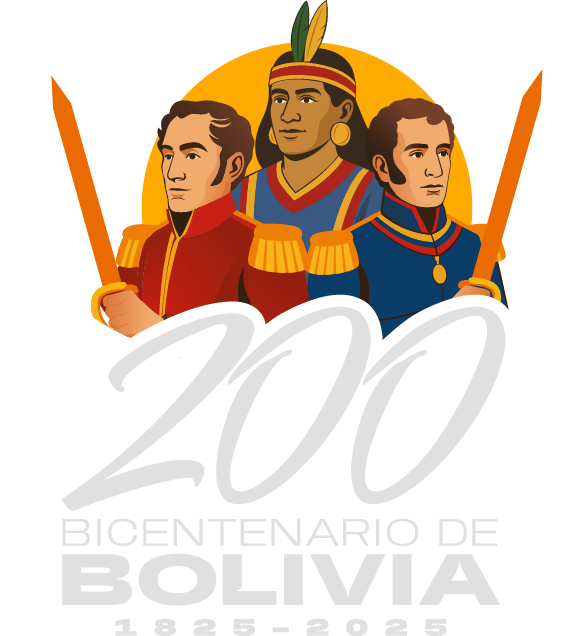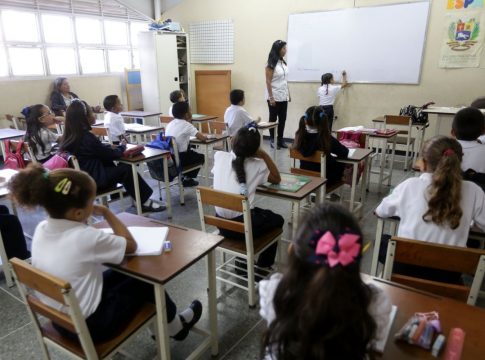Press MinComunas/Karina Depablos – During the 2022-2023 school period, the Jose Felix Ribas Commune members, located in the Petare parish, Miranda state, manufactured 32 thousand school uniforms, consisting of white shirts, chemises, overalls, and pants for students from all over Venezuela.
According to Aura Aguilera, a spokeswoman for the Jose Felix Ribas Commune, this socio-productive project achieved successful results thanks to the community organization that works to guarantee uniforms for the children and adolescents of the country.
“Through the Jose Felix Ribas Textile Social Property Company, we produce uniforms in the Santa Ana neighborhood. We produce formal and sports uniforms for district and national school students. We are closing the Textile Plan 2022-2023 cycle. We have more than 100 socio-productive organizations involved in this great project that strengthens production in the territories and supports the education of the new generations”, he said.
Spokeswoman Aura Aguilera added that the Jose Felix Ribas Commune has 11 communal councils and is home to more than 10,500 inhabitants in various sectors of the Sucre municipality.
“We want to promote a communal economic system. It is a work where all the forces in the territory join forces. It all starts with the spokesperson of the educational area of the communal council going to each school of the point and circle of our commune. There are meetings to evaluate the school enrollment. We gather data on the size and number of students. We pass the information to the Ministry of Communes and get down to work; we start the planning and elaborating on the uniforms”, he explained.
Aguilera insisted that community life seeks to solve the needs with ingenuity, but above all, with 100% Venezuelan materials and labor.
“I call for the organization of our communities; we have a lot of potential. We can live well in all the territories. Our commune has other successful projects. We also want to address the agro-ecological issue. We are touring multiple spaces, evaluating the territories where we can raise small animals and plant healthy and native foods,” he emphasized.



